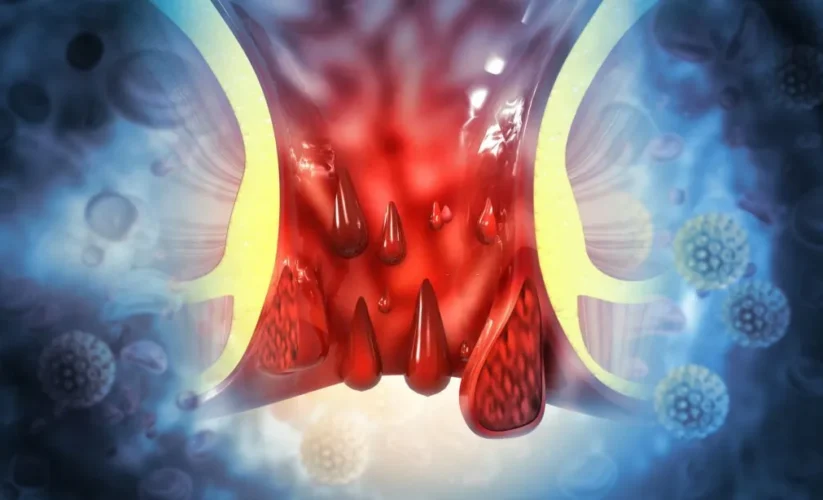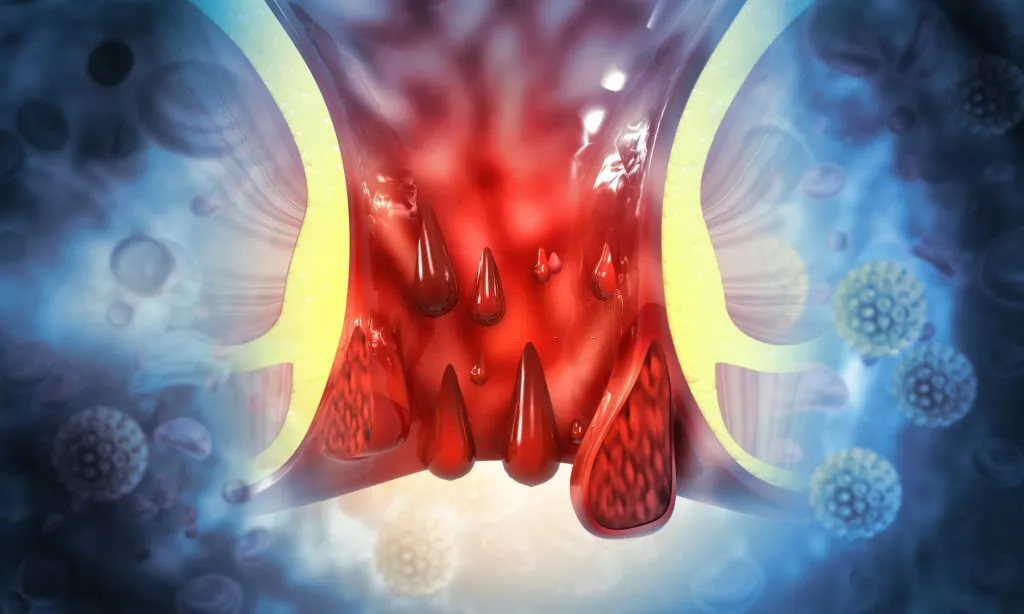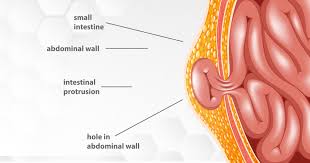
All You Need to Know About Anal Fissures: Causes, Symptoms, and Treatment
Anal fissures are small tears or cuts in the lining of the anus at anal region, which can cause severe pain and bleeding during or after bowel movements. Despite being a common problem, there’s a lot of confusion about its causes, symptoms, and treatments. This comprehensive guide will address these aspects and outline when surgical intervention may be necessary.
What Is an Anal Fissure?
An anal fissure is a tear in the skin lining the anus. It can be acute (short-term) or chronic (lasting over 8 weeks). Unlike other rectal problems like piles or fistulas, fissures are primarily a result of trauma or irritation to the anal lining. This condition is often painful and can significantly affect daily life.
Historical Perspective on Anal Fissures
The condition has been recognized in medical literature for centuries. Ancient physicians from Greece and Rome described rectal pain and discomfort related to fissures. The evolution of surgical and medical approaches has transformed the way fissures are managed today.
Symptoms of Anal Fissure
The symptoms are quite distinct, making fissures relatively easy to identify:
– Sharp excruciating pain during or after passing stool
– Bright red blood on the stool or toilet paper
– A visible tear near the anus
– Spasms or a tight feeling in the anal area
– Itching and irritation around the anus
Causes of Anal Fissure
Several factors can contribute to the formation of an anal fissure, including:
– Passing Hard Stools: This is the most common cause, leading to a tear in the delicate anal lining.
– Chronic Constipation: Straining during bowel movements can result in repeated damage.
– Diarrhea: Repeated bowel movements can irritate and damage the anal lining.
– Childbirth: The pressure exerted during delivery can sometimes cause fissures in women.
– Inflammatory Bowel Diseases: Conditions like Crohn’s disease can make the anal tissue more susceptible to tears.
How Is Anal Fissure Diagnosed?
Diagnosis typically involves a physical examination by a healthcare professional. Doctors usually perform a visual inspection of the affected area. In some cases, additional procedures like anoscopy or sigmoidoscopy may be recommended if other conditions are suspected. Severe pain usually doesn’t allow futher examination beyond inspection.
Treatment Options for Anal Fissure
Non-Surgical Management
- Dietary Changes: Increasing fiber intake to soften stools is crucial. Whole grains, vegetables, and fruits can help prevent constipation.
- Medications: Topical ointments like nitroglycerin or calcium channel blockers help relax the anal sphincter and promote healing. Pain-relieving creams and stool softeners are also often prescribed.
- Sitz Baths: Soaking the anal area in warm water several times a day helps reduce pain and increase blood flow for faster healing.
- Botox Injections: In cases where medications aren’t effective, Botox may be used to relax the anal sphincter and relieve pain.
Home Remedies
– Warm Water Baths: Regular sitz baths help soothe and heal the area.
– Stay Hydrated: Drinking sufficient water throughout the day prevents hard stools.
– Avoid Straining: Overexertion during bowel movements can worsen the tear.
When Is Surgery Necessary?
If non-surgical treatments fail to provide relief within 6 to 8 weeks, surgical intervention may be necessary. The decision is based on the severity and duration of the condition. Surgery aims to reduce pain and spasms while promoting healing.
Surgical Options for Anal Fissures
- Lateral Internal Sphincterotomy (LIS): This is the most common and effective surgical treatment. It involves making a small cut in the anal sphincter muscle to reduce tension and allow the fissure to heal.
- Fissurectomy: This involves removing the fissure along with the surrounding scar tissue to promote faster healing.
- Advancement Flap Surgery: A flap of healthy tissue is placed over the fissure to cover it and aid in the healing process. This option is generally used for chronic or complicated fissures.
Contact Us for Appointment
If you’re dealing with an anal fissure and looking for personalized care, reach out to us at (https://www.surgeondrimtiazhussain.com). For online consultations:
- Send previous medical reports, prescriptions, and relevant pictures.
- Transfer a consultation fee of Rs. 3000 via JazzCash or bank transfer.
- Dr. Imtiaz Hussain will review the details and provide an in-depth audio consultation, offering expert advice and treatment recommendations.
Conclusion
Anal fissures can be painful and disruptive, but with the right treatment and lifestyle changes, most people can find relief. Early intervention and expert care can prevent complications and ensure faster healing. Whether you’re looking for medical or surgical options, Dr. Imtiaz Hussain and his team are here to help.
By understanding your condition and knowing when to seek help, you can take proactive steps toward recovery. Reach out to us for further assistance or consultation.





